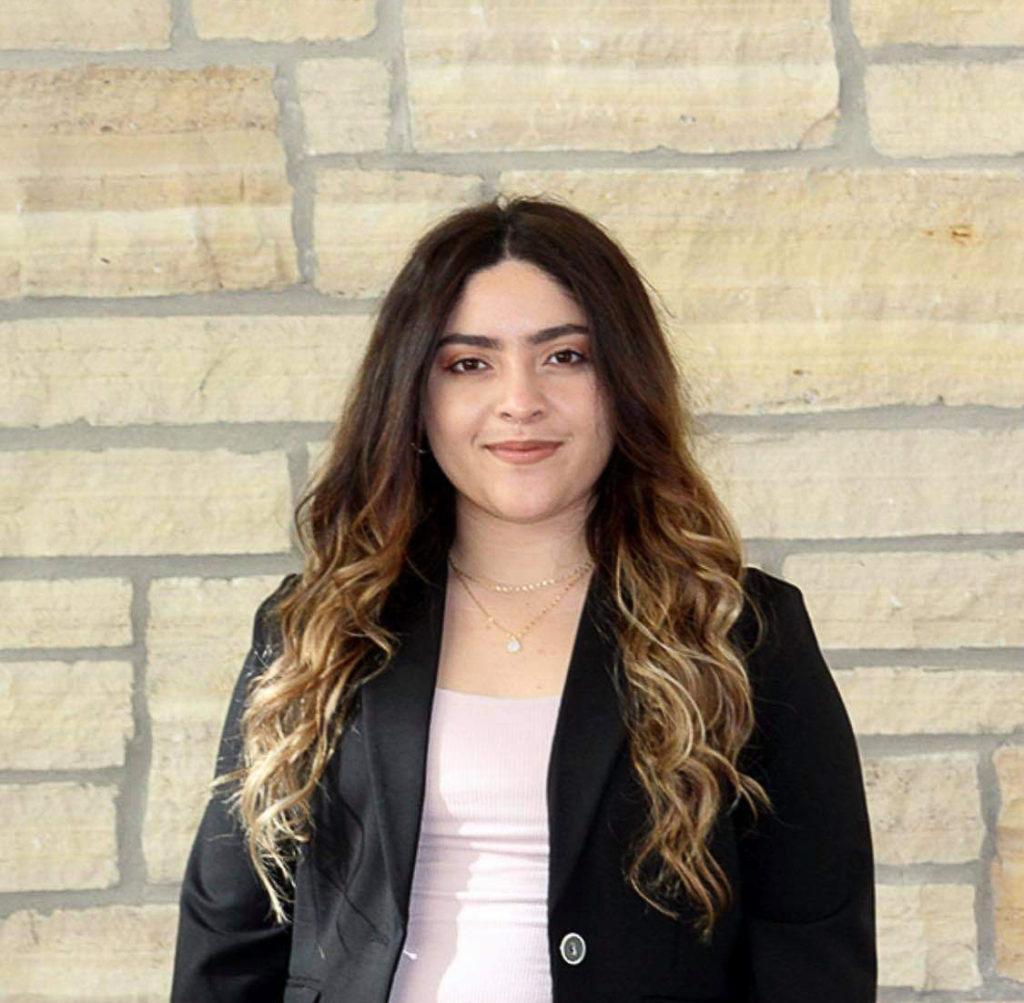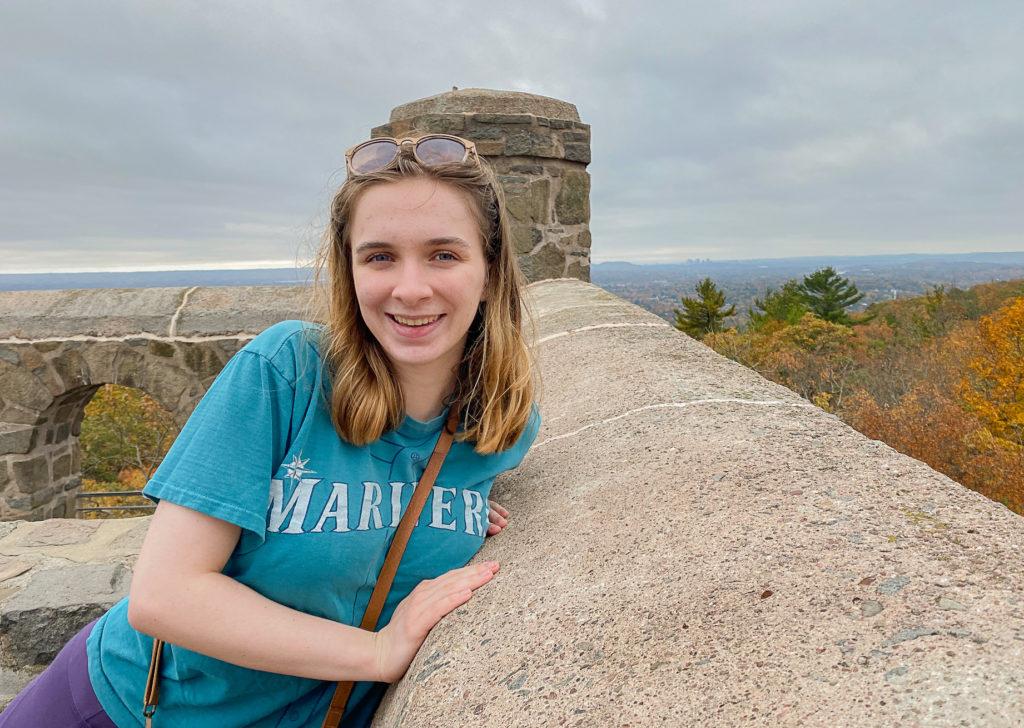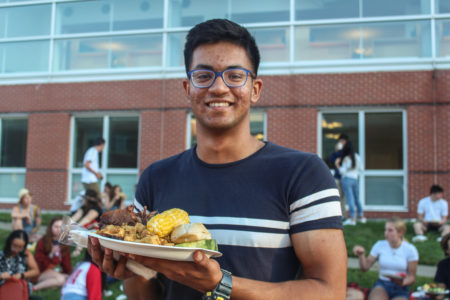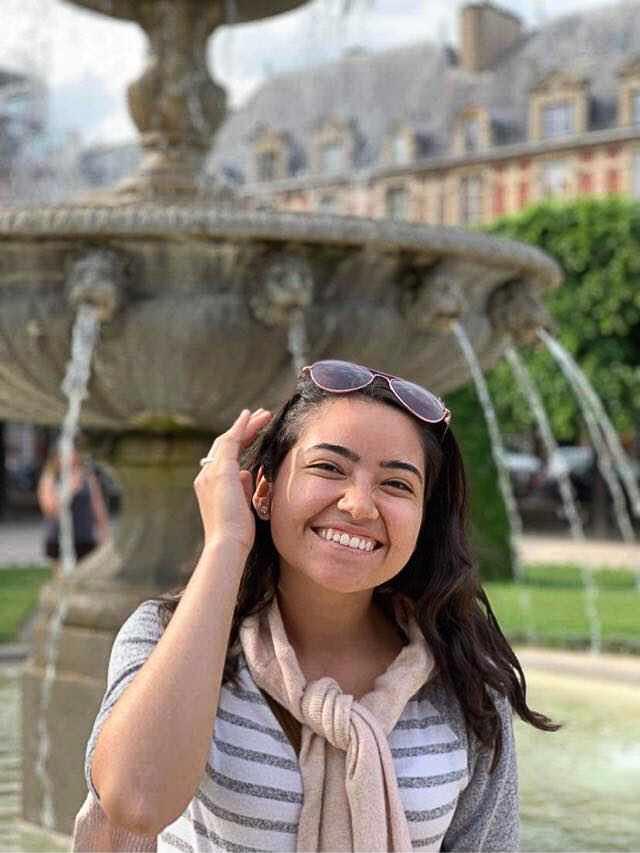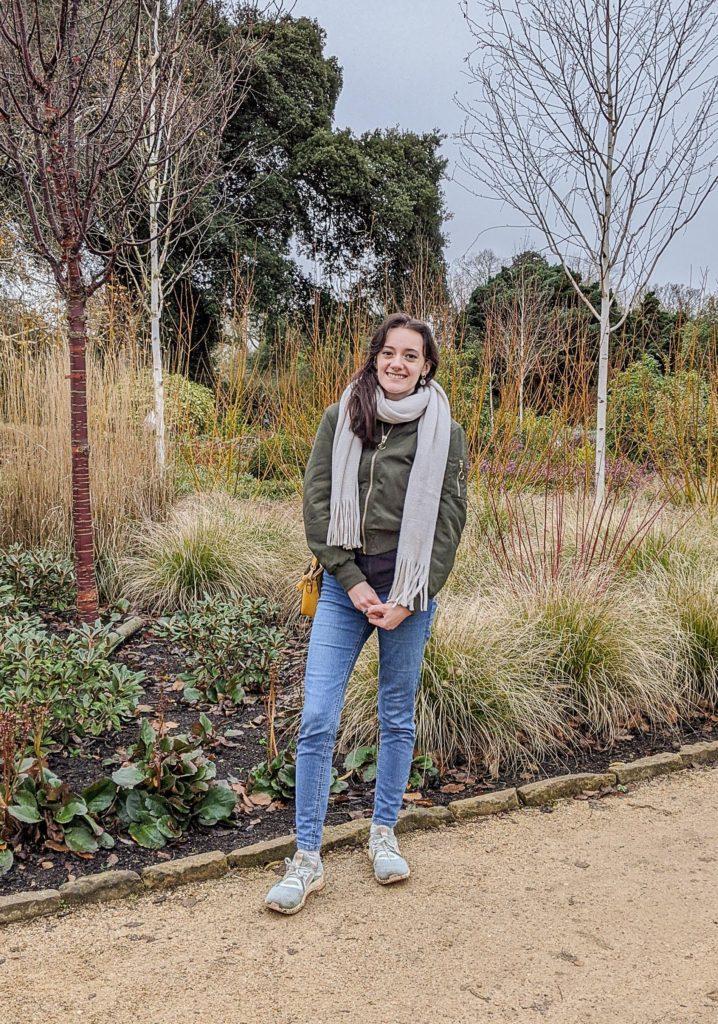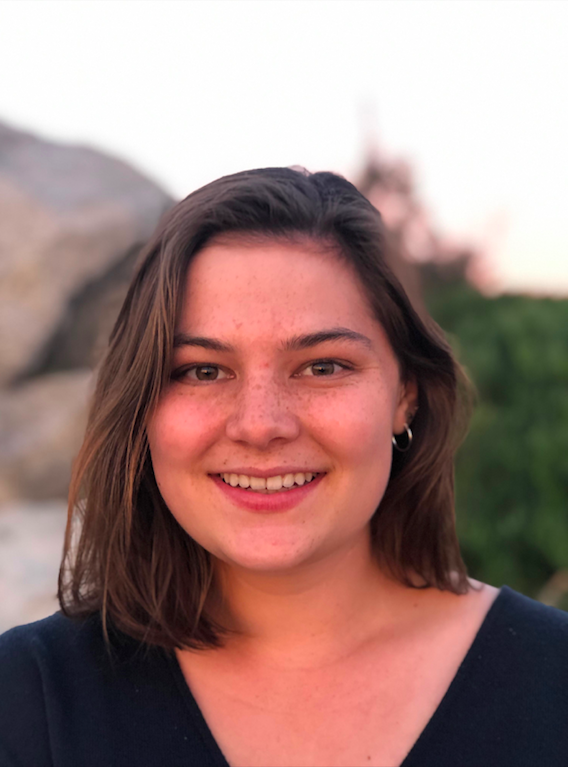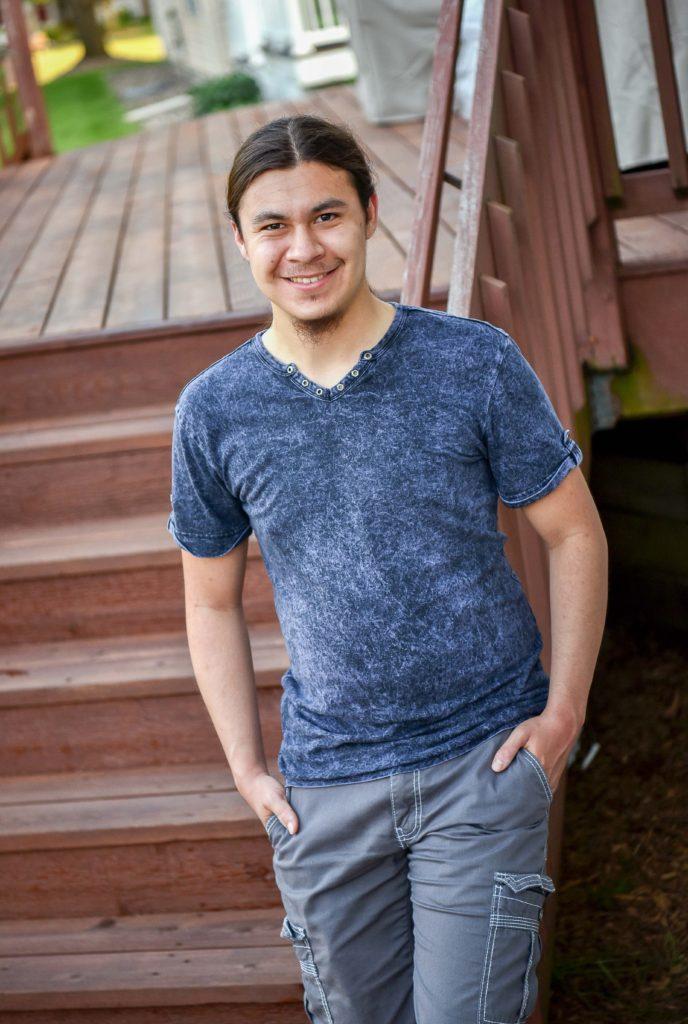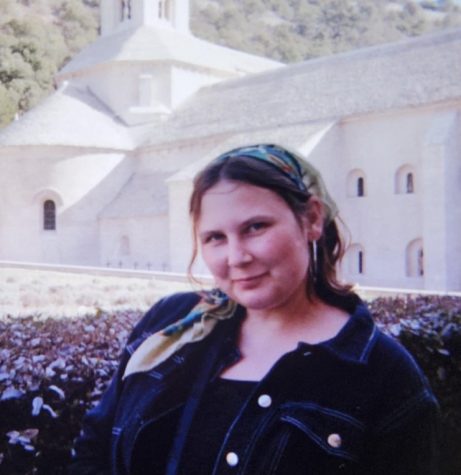Ruby Romero ’21 knew what she wanted out of Grinnell College as soon as she walked onto campus as a first year. A biology and anthropology double-major, Romero had always planned to go pre-med.
As a high school student in California, Romero had the unique opportunity to visit hospitals and shadow health care workers. This exposure to the medical field, as well as her own health issues with which she struggled as a child were major factors in her decision to pursue a career in medicine and pursue her ultimate goal of becoming a pediatrician.
This plan was not without its challenges; Romero’s first few months at Grinnell presented several hurdles she’d have to overcome. “Coming in as somebody who was like a straight-A student, and I think I had like a 3.8 GPA in high school,” Romero said, “and then I come to Grinnell and like I fail my first midterm. It really kind of humbled me a lot.” This served as a wake-up call to Romero, and she realized she’d have to shift the way she studied and start learning to understand rather than to get a grade if she was to do her best at Grinnell.
As a half-Mexican, half-Guatemalan first-generation college student, Romero struggled with feeling like an imposter in the STEM classes she took. While she was able to find mentors and supportive members of the faculty, she was also met with suspicion by some professors. “Some professors in the science department…I think led a lot to that imposter syndrome of wanting to maybe not be a science major or not go to medical school. You know, like making you not feel good enough.”
In a college and academic department where she was frequently one of the few people of color in a classroom, Romero cherished those mentors who went out of their way to encourage her and remind her that she was exactly where she needed to be. One of these mentors was Professor Jonathan “Jackie” Brown, who passed away in the summer of 2019. During Romero’s second year, she found herself frequently in Professor Brown’s office hours, and after grappling with the class material, admitting to him her worries that she wasn’t good enough to be a biology major or work in STEM. Professor Brown wouldn’t hear any of it.
“He was like the first professor to actually talk to me and be like ‘I have so much confidence in you, and you’re going to do so well,’ so he was a big motivator for me,” Romero said.
Outside of the classroom, Romero dedicated her time to preparing for her future in medicine by joining and eventually co-leading the Minority Association of Pre-Medical Students (MAPS). The club was dedicated to connecting minority students with medical opportunities across Iowa. Romero was involved with several initiatives, including a volunteer program with the children’s hospital, visiting the cadaver lab at Des Moines University and providing MCAT study materials for students intent on taking the medical school admission test.
In her third year, Romero spent the first half of the spring semester in Panama, before the off-campus opportunity was cut short by the COVID-19 pandemic. The program focused on marine biology and tropical ecology, but it provided other opportunities for Romero as well, including engaging with the indigenous communities in Panama and learning from them about conservation efforts, herbal remedies and public health in the area.
Romero’s interest in healthcare in Latin America stemmed from seeing her own grandparents’ lack of access to adequate care in the rural part of Mexico where they live. “I kind of saw the same thing happening in Panama when I visited the indigenous communities there,” Ruby said, “so I think it just kind of like fueled my interest in public health.”
After graduation, Romero’s next challenge in her path to medical school is taking the MCAT. With that out of the way, it’s four years of medical school, a residency program and then a fully-licensed Dr. Romero can look back at the road she took to get where she is and see that it’s exactly where she’s supposed to be.

















































